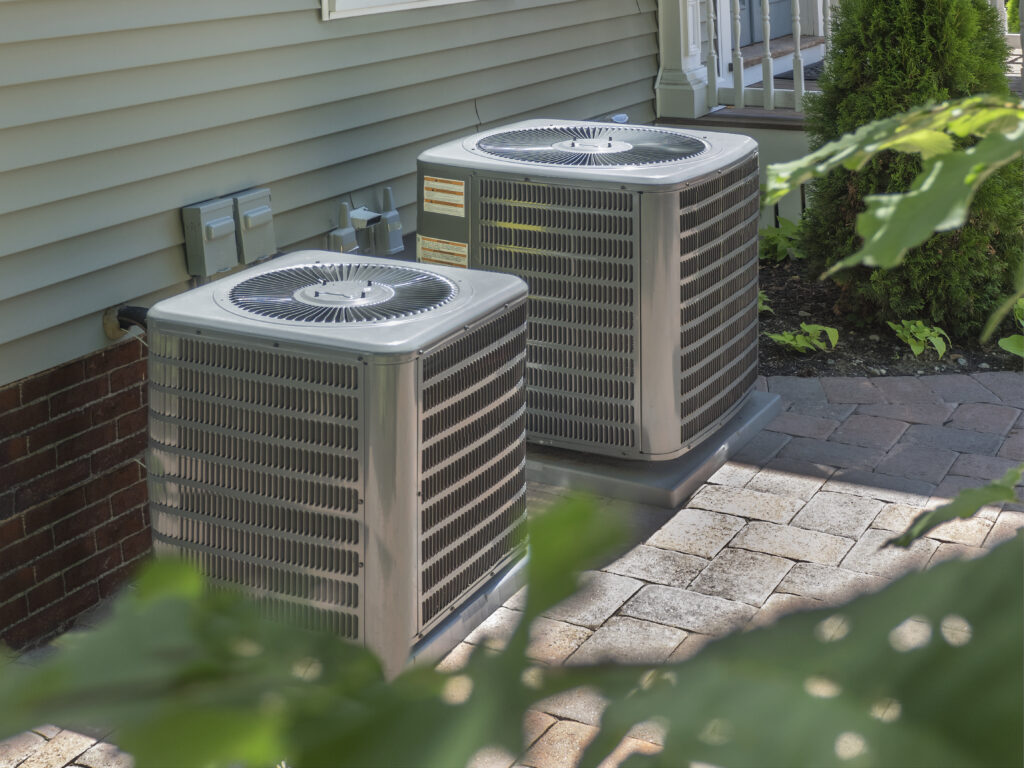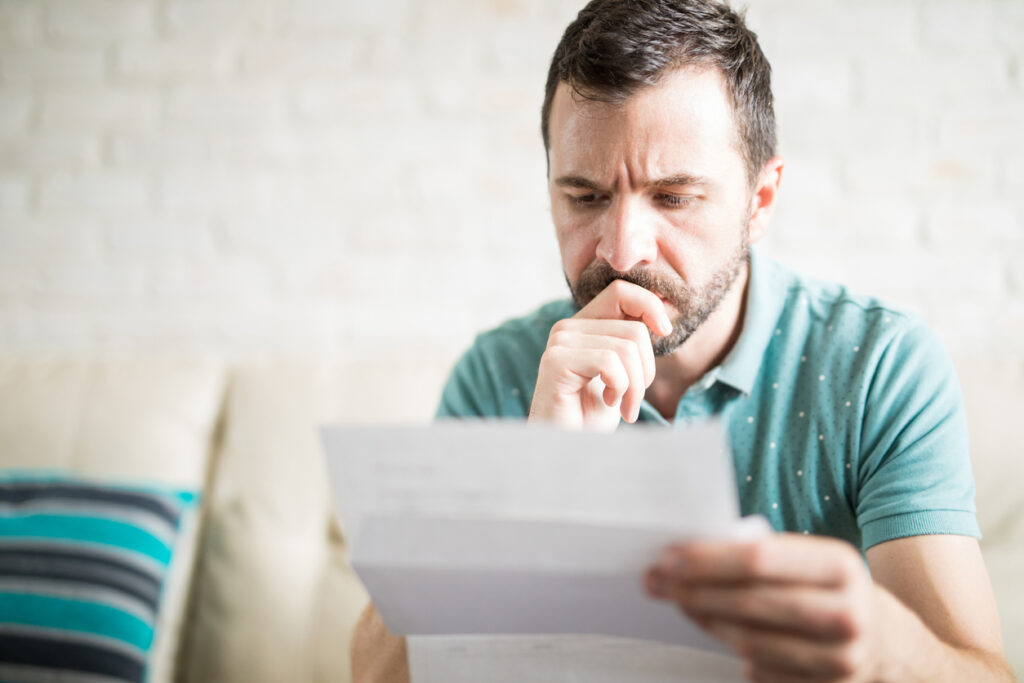Let’s be honest, a clogged sink, shower or toilet is a major inconvenience that nobody enjoys discovering in their home. Even the most minor of clogs can quickly cause drain damages. That’s why we’ve put together a comprehensive guide for helping you prevent clogs and backups before they begin.
Clogged Bathroom Drains
Clogged bathroom sinks make daily hygiene tasks like brushing your teeth something to dread. Is a clogged drain dangerous? Small clogs can be resolved and are nothing to panic about. If your attempt to fix the problem is fruitless, contact a plumber for help. In the meantime, try some of our tips for avoiding clogs in your bathroom.
What Causes Clogged Bathroom Sinks
You might be surprised how small the things that can create a clog are. Even thin items seemingly safe to dispose of in the sink would be better placed in a trash bin than down the drain. Here is a list of what causes clogged drains:
- Hair and dental floss: If there’s one thing that we quickly think of when it comes to clogged bathroom sinks, it’s excess hair. They might be thin, but hair fibers are stronger than they look. Trimmings can stick together and form a wad that sits in the drainpipe, collecting other solid materials that pass through. Much like hair, dental floss doesn’t disintegrate.
- Soap scum: Another common clog inducer is soap scum. As soap decomposes, it leaves a sticky residue on the sides of the pipes that builds up until the water must squeeze through a smaller opening.
- Oil-based products: Coconut oil might be great for hair, but when used generously in the shower, it can become lodged in the drain just like any other oil. Water and oil don’t mix. Because oil isn’t water-soluble, it coats the drainpipe without dissolving.
How to Keep Your Bathroom Drains Clean
So what can you do to avoid a plumbing problem in your bathroom? Try these maintenance tips to prevent clogged drains:
- A great way to minimize your risk of having to clean up clogs in your shower is to begin using a screen drain or grate. Remember, for these to be most effective, you must regularly clean them out.
- Avoid shaving or cutting your hair in the bathroom without using a tarp or a drain guard. Collect the trimmings for disposal in the garbage.
- Keep a trash bin inside your bathroom. This way, you will always have a place to dispose of waste, and you won’t have to carry empty product bottles to the bin in another room.
Clogged Toilets
Toilets might get the occasional clog even when used as directed. We have seen numerous clogs caused by flushing items that the toilet system was not equipped to dispose of.
What Causes Clogged Toilets
To keep your toilet running smoothly, be cautious about what you flush. The pipes are narrow, and the plumbing inside your house may connect to a sewage system that is shared by others. Here are some things that you should never flush down the toilet:
- Wipes, napkins and paper towels: Only toilet paper should go in the toilet. Other paper products belong in the trash or a recycling bin. Be cautious about wipes that are marketed as “flushable” because they may also cause clogs.
- Feminine hygiene products: These items are absorbent and will expand when immersed in water, potentially resulting in them getting lodged in the drain pipe.
- Condoms: Much like balloons, condoms can fill with water and expand, increasing their potential to become stuck.
- Q-tips and cotton swabs: Cotton products remain intact when submerged and can get caught in drains.
How to Avoid Toilet Clogs
A few maintenance tips for toilets are listed below:
- Avoid overusing toilet paper. A few squares is all most people need after each use.
- Keep the lid closed to avoid accidentally dropping something into the toilet while you are in the bathroom.
- Use the toilet only for its intended purpose, and for toilet paper, of course.
Clogged Kitchen Sinks
Always be cautious about what you’re feeding into the sink. Even if you have a garbage disposal, thick table waste can cause clogs. Some scraps should find their way to the garbage can instead of your drain.
If you are using a garbage disposal, be sure to have a steady stream of cold water running as you feed in the waste. A steady water flow will assist in pushing food down the drain. Try not to over-rely on the disposal, which has limitations despite its helpfulness.
How to Prevent a Clogged Kitchen Sink
The most reliable method for how to prevent clogged drains is to avoid putting anything that could potentially form a clog into your sink. Scrape plates off before rinsing them to make less work for your disposal, and dump the following elsewhere:
- Oil, grease and animal fats: Pouring cooking grease down the drain might save you some time waiting for the pan to cool. However, it’s hard on your sink. Excess grease easily builds up over time, sticking to your pipe and causing some serious clogged drain damages. Even if you have a garbage disposal, grease collects in the pipe and gradually hardens.
- Nuts, beans, eggshells and coffee grinds: Coffee beans might smell nice, but they are thick enough to damage the blades in your garbage disposal. Small, crumbly food items will stick to softer foods and become trapped in the pipe.
- Cooked rice and pasta: These foods harden as they cool. Once fully congealed, they are difficult to peel off surfaces without scraping.
- Fibrous fruit and veggies: Fibrous foods that may cause clogs include any thick leftover veggies such as Brussels sprouts and waste such as banana peels. Use alternate methods of removal for this type of scrap, such as scooping potato peels onto a napkin for a quick and easy toss into the trash. You could also add these wastes to a compost pile.
- Meat and bones: Cuts of meat are thick enough to get trapped in the pipe. Animal bones can damage your disposal’s blades, including delicate fish bones.
How to Clean Your Kitchen Sink
Sinks function their smoothest with a little additional care. To maintain your kitchen sink, try the following ways to prevent clogged drains:
- Once a week, pour hot water down your drain. Make sure that you don’t do this at the same time as you clean the dishes.
- Prepare a mixture of white vinegar and baking soda as a gentle cleansing agent for your drain.
- For sinks with garbage disposals, grinding up citrus peels will sanitize the blades — make sure you add the rinds slowly, one strip at a time.
Schedule Annual Maintenance for Your Household Drains
The best way to avoid calling a plumber over troublesome emergencies is to schedule annual routine maintenance. The professionals at Tom Drexler Plumbing, Air & Electric are ready to help you with your home service needs. Whether you need a pipe unclogged, your A/C tuned up or anything in between, we have you covered. Hire a clogged drain plumber today!
Give us a call today to schedule an appointment or schedule online.








